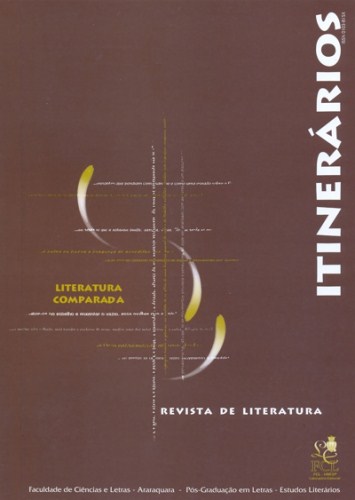Alvares de Azevedo, Faust and the myth of the romantic adolescent in the student-political context of the Second Empire
DOI:
https://doi.org/10.58943/irl.v0i33.4862Keywords:
Álvares de Azevedo, Adolescent, Puer-senex, Brazilian Empire, Faust, Individualism, Liberalism,Abstract
The aim of this essay is to analyze the figure of the adolescent in Álvares de Azevedo’s work, avoiding the recurrent association of this figure with the poet’s biography, and to propose that this figure be understood as a romantic myth literarily constructed. The adolescent is examined in the light of the romantic idealizations, taking in account the historical and political context of the Segundo Reinado (1840-1889), a period characterized by the transition from patriarchy to modern individualism in Brazil. In this context of transition, marked by continuities rather than ruptures, the essay examines the contradictory ways of facing individualism among the academic youth, and the position taken by Azevedo in relation to those ideals. His political position is defined by the contrast between his commitment, expressed in speeches and letters, and an utter disbelief, perceived in his poetic and fictional production. This dual attitude of the poet and its political-historical foundations explain the resurgence of both the Faustian myth (as a myth of modern individualism) and the myth of adolescence associated with the classic topic of the puer-senex, or the adulescens-senilis.Downloads
Issue
Section
Comparative literature
License
Os manuscritos aceitos e publicados são de propriedade da revista Itinerários. É vedada a submissão integral ou parcial do manuscrito a qualquer outro periódico. A responsabilidade do conteúdo dos artigos é exclusiva dos autores. É vedada a tradução para outro idioma sem a autorização escrita do Editor ouvida a Comissão Editorial.

